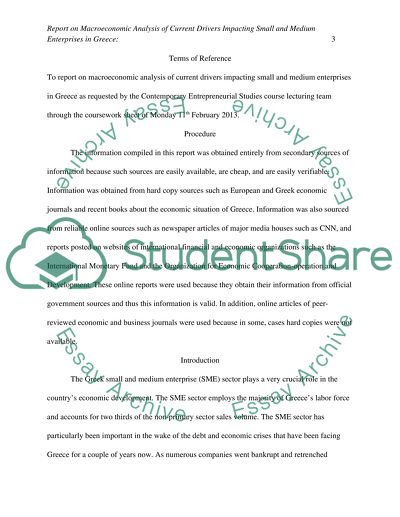Cite this document
(“Contemporary Entrepreneurial Essay Example | Topics and Well Written Essays - 2000 words”, n.d.)
Contemporary Entrepreneurial Essay Example | Topics and Well Written Essays - 2000 words. Retrieved from https://studentshare.org/macro-microeconomics/1618032-contemporary-entrepreneurial
Contemporary Entrepreneurial Essay Example | Topics and Well Written Essays - 2000 words. Retrieved from https://studentshare.org/macro-microeconomics/1618032-contemporary-entrepreneurial
(Contemporary Entrepreneurial Essay Example | Topics and Well Written Essays - 2000 Words)
Contemporary Entrepreneurial Essay Example | Topics and Well Written Essays - 2000 Words. https://studentshare.org/macro-microeconomics/1618032-contemporary-entrepreneurial.
Contemporary Entrepreneurial Essay Example | Topics and Well Written Essays - 2000 Words. https://studentshare.org/macro-microeconomics/1618032-contemporary-entrepreneurial.
“Contemporary Entrepreneurial Essay Example | Topics and Well Written Essays - 2000 Words”, n.d. https://studentshare.org/macro-microeconomics/1618032-contemporary-entrepreneurial.


